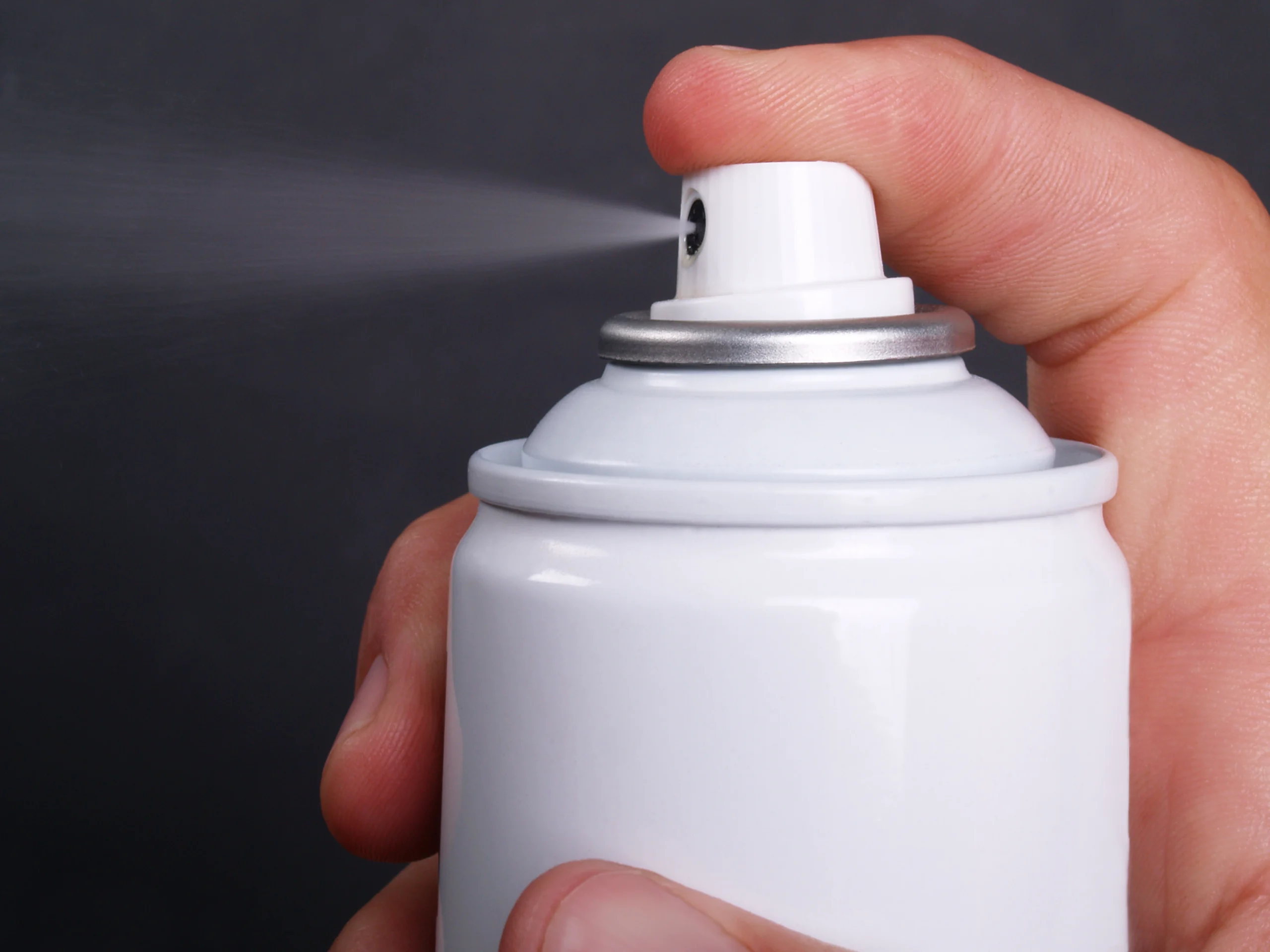How Not to Be an Enabler of Addiction

If you’ve had a loved one that struggles with addiction, every part of your being yearns to help in whatever way possible. It’s terrible to see a friend or family member suffer, but sometimes our efforts to help can actually be harmful.
In this article we’ll share an enabling addiction definition, examples of enabling and how not to be an enabler of addiction.
Enabling addiction definition
According to the American Psychological Association, enabling is when a person contributes or reinforces another’s maladaptive behavior. Anyone can be an enabler, but the ones who have the most influence are usually friends, partners or close family members.
Enabling happens when someone passively allows or unknowingly encourages addictive behaviors. Whether we’re aware of our enabling behaviors or not, they can have a negative impact on someone’s pursuit of sobriety.
Examples of enabling
The Hazelden Betty Ford Foundation describes the top five hallmarks of enabling behavior. If you’ve ever wondered “am I enabling an addict?” Check out these five ways enabling happens:
Protecting someone from natural consequences
All of our actions have consequences in the real world. If we’re mean to others, we have a harder time forming positive relationships; if we’re late for work, we may lose our job. The repercussions of our behavior reinforces the right thing to do.
Often, enablers will block their loved ones from these terrible consequences. If you’ve paid your loved ones bills, made excuses for him or bailed him out of jail, the brunt of the punishment hasn’t been felt. This makes someone more likely to continue an addiction because the fallout doesn’t seem too bad.
Keeping secrets
Staying silent about a friend’s addiction is a needless task that enablers often do. You can be a better friend by sharing your concerns and advocating for treatment. It can feel awkward or intrusive to confront substance use habits, but it’s better in the long run.
If you’re wondering how not to enable an addiction, don’t go to great lengths to keep secrets.
Refusing to follow through
We’ve all tried to set clear limits with our loved ones who struggle with drug or alcohol use. Maybe we’ve promised we’re not going to give our friend a ride again when she’s drunk, or we’re not going to lend our brother money to pay for groceries when he’s spent all his money on drugs.
Setting these boundaries is healthy, but caving into breaking them can cause a disastrous cycle. Your loved one will come to expect that you’ll pick up the pieces.
Making excuses for someone’s behavior
One of the most common examples of family enabling addiction is making excuses for a loved one’s behavior. These excuses can be among themselves or to others who don’t know about the addiction.
Regardless, excusing or justifying someone’s behavior that results from addiction is a slippery slope. You’ll not only discredit yourself, you’ll make it easier for the person you care for to continue a substance use habit.
Avoidance
Enablers don’t always cause harm by actions— sometimes they cause more damage by inaction. Ignoring or avoiding your loved one or the topic of drug or alcohol addiction can have a negative effect. If you pretend addictive behavior doesn’t bother you, it sends the message that it’s OK to continue.
How not to be an enabler of addiction
Enabling is definitely a behavior you should avoid, but how can you help in a way that’s effective? Thankfully, there are many options. Here are some ways you can have a real impact on someone’s quest for sobriety.
- Empower, don’t enable: Enabling means you’re doing the work for someone else. Empowering means that you’re giving someone the resources to do the work on his or her own. While enabling may help you feel that you have control over the situation, in reality it’s the drugs that are in control and the only way to change that is through professional, holistic intervention.
- Have explicit responsibilities: You can always offer support for your loved one, but make sure there are clear boundaries between what you are willing to do. Don’t give your loved one a long leash— establish clear responsibilities for each of you.
- Don’t listen to glorified stories: As a close friend or family member, it’s natural to want to know about each other’s lives. Sadly, this can devolve into glorified stories of substance use. Whether it be wild parties or experiences during a high, don’t tolerate conversations that try to make addiction sound positive.
- Don’t compromise your own standards: Helping a loved one who is caught in an addiction can bring on stress. Take care of yourself, and never fall prey to using substances with them. Remember, it’s OK to say no. Your relationship can overcome any tension it causes.
Avoiding being an enabler, you can truly help your loved one in their recovery journey, and maintain sobriety. Know your role, and don’t overstep any boundaries.
Enabling addiction: are you loving someone to death?
While your enabling behavior can encourage someone to remain in an addiction, it’s important to remember that someone else’s substance use is never your fault. Only the individual in an addiction can make the choice to pursue sobriety.
Where to turn
The best trick for how not to enable an addict? Get in touch with professional care. Call High Focus Centers PA today to schedule an appointment.








